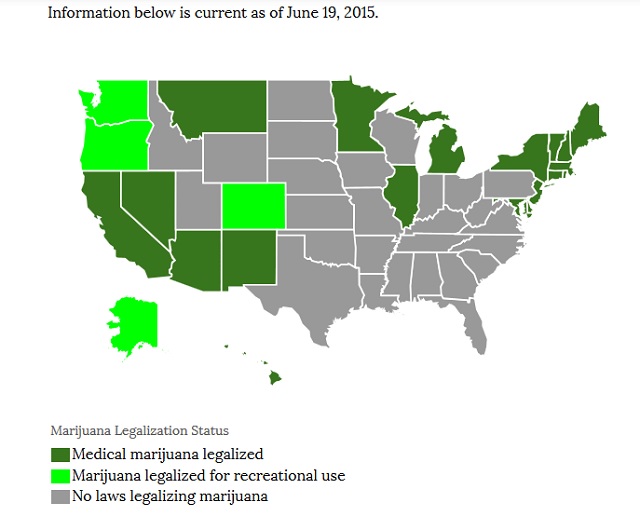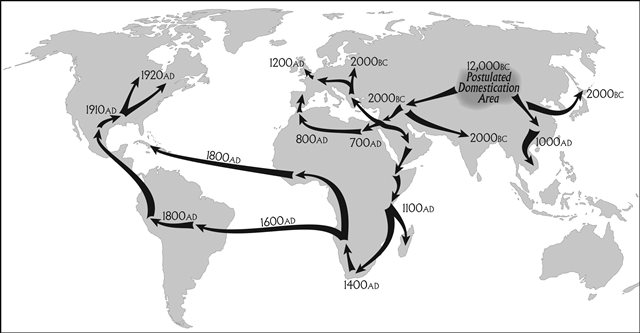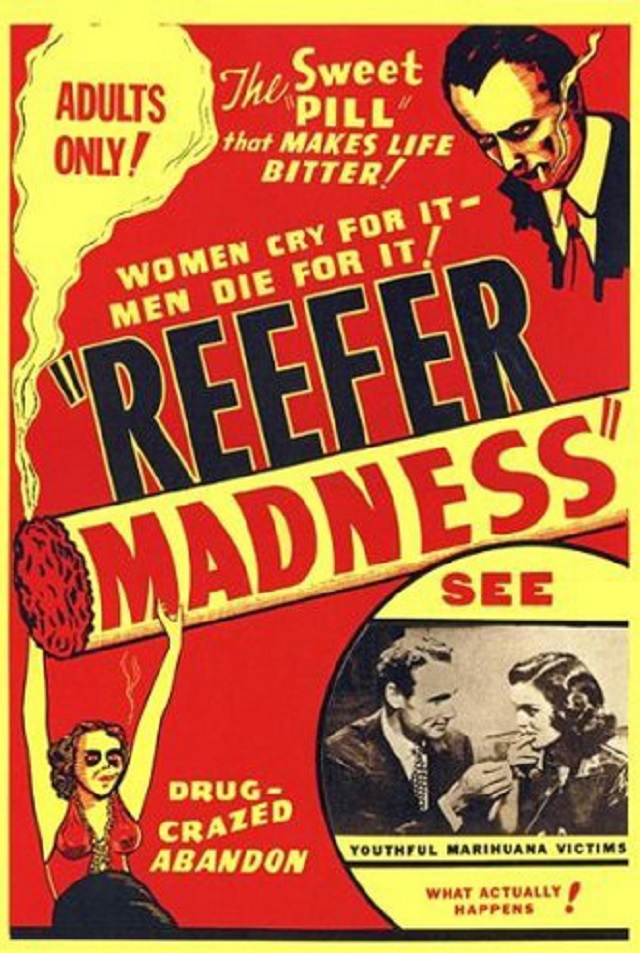PORTLAND, Ore. (KOIN) — It’s true. Marijuana is legal in Oregon.
Oregon is now the 4th state – along with Colorado, Washington and Alaska — to legalize the weed that has been the source of so many studies, so many words and so many arrests over the past 8 decades.

How did marijuana get here?
A study by University of Kansas Professor Barney Warf said the Vikings and medieval Germans used marijuana for pain relief, including childbirth and toothaches.
Both hemp and pot were widely used in ancient China as far back as 4000 BC. Marijuana arrived in Korea around 2000 BC, then South Asia no later than 1000 BC. When it arrived in India, it was used as one of “”five kingdoms of herbs … which release us from anxiety.”

The plant then found its way to Russia and Germany and arrived in Britain around the 5th century.
It wasn’t until the Mexican immigrants began bringing it into the United States did the fear of marijuana arise — largely fueled by the fear of immigrants.
In the 19th and early 20th centuries, marijuana was legal and accessible. Cannabis was available in liquid form at drug stores and in the more refined product of hash.

Marijuana also had its medicinal uses in early 20th century over-the-counter remedies.
There was even a hash candy ad in an 1862 issue of Vanity Fair.
Regulation began around 1906 when the federal government passed the Pure Food and Drug Act. Then,between 1914 and 1925, a total of 26 states banned the plant without much outcry.
Prohibition put the effort into overdrive. But it wasn’t until Prohibition was repealed that the effort to make marijuana illegal really took hold.
The United States House of Representatives took only 30 minutes to debate and pass the 1937 Marijuana Tax Act, which required dealers to pay a transfer tax. It putcannabis under the regulation of the Drug Enforcement Agency, criminalizing possession of the plant throughout the country.
Despite attempts by the American Medical Association, New York Mayor Fiorello LaGuardia and others pointing out marijuana was a mild intoxicant, the Congress didn’t have much stomach for listening.
Soon, jails were filling with people who smoked pot.
Then came the hippies, the 1960s, the Summer of Love, dope, rock and roll and an explosion of counterculture that overtook the American consciousness.
In 1967, Life, Newsweek and Look all questioned why pot was even illegal.
Oregon’s Pot Doc
When asked how he wanted to be remembered, Dr. Phil Leveque was quick with his answer.
“Pot doc.”

Leveque died May 2 at the age of 92, just months short of actually seeing recreational pot be legal in Oregon.
“I have been studying the medical use of marijuana since 1950 and I am very proud of the fact that I essentially introduced medical marijuana to the state of Oregon.”
With a Ph.D in pharmacology and toxicology, Leveque helped legalize medical marijuana in Oregon in 1999. At the time, he granted thousands of medical marijuana cards, which caught the attention of the medical board.
His medical license was revoked in 2004, which ended his career as a doctor.
Asked if it was worth it, he did not hesitate.
“Hell, yes,” he said. “If I hadn’t done this, nobody else would have. You bet, you bet.”
He felt vindicated in his efforts and pointed to last November’s 56-43% vote to legalize recreational pot in Oregon.The move to legalize
It took decades for the “legalize it” movement to really take hold in the American psyche. Three things happened: Baby Boomers became old enough to be in charge, harsh drug laws and prison terms were being re-thought and multiple studies lent credence to the belief marijuana is less harmful than alcohol.
Bill Clinton changed the dynamic when he became the first presidential candidate to admit smoking pot (though he claimed he didn’t inhale.) The election of Barack Obama put some fuel into the notion of letting states become laboratories of democracy for marijuana.
Colorado and Washington led the way. Alaska followed. And now Oregon.
There will be hiccups along the way in integrating marijuana as a legal commodity, able to be bought, sold, regulated and taxed.
When it’s all said and done, though, America will once again have laws about marijuana in many ways reminiscent of the 19th century.
